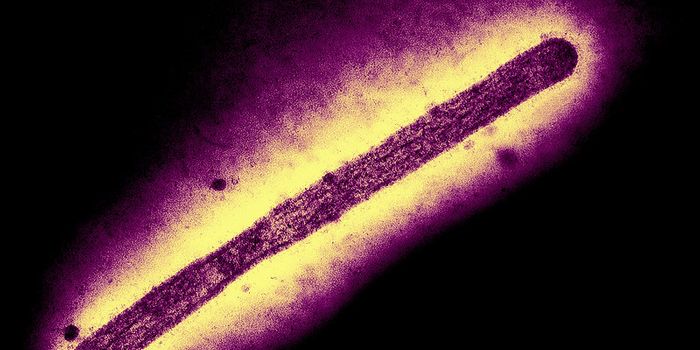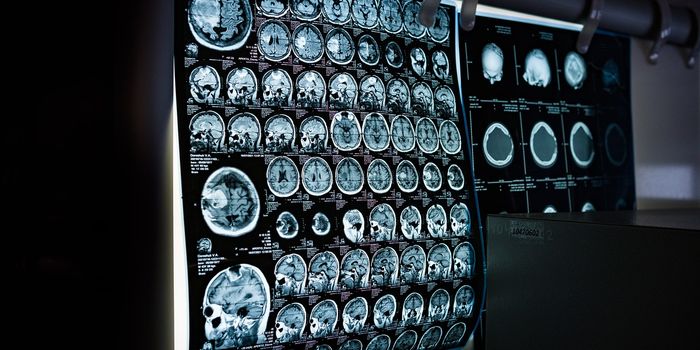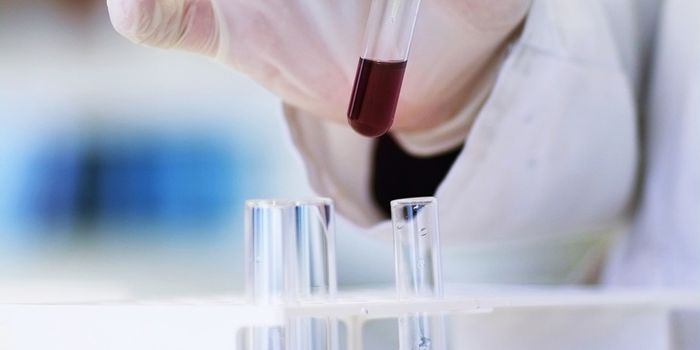Dendritic Cell Vaccines Promising For Breast Cancer
A vaccine for cancer is on the horizon, although it works in a way different to what most people might consider a conventional vaccine. Using a personalized approach, scientists from the Moffitt Cancer Center are on the brink of a new treatment option for breast cancer patients.
Researchers tested the safety and efficacy of the new vaccine technology in a clinical trial with 54 women all diagnosed with early-stage breast cancer. The other quality these women shared was that their breast cancer cells expressed HER2, a protein that is overexpressed in nearly a quarter of all breast cancers and which is unfortunately linked to cases of a particularly aggressive cancer and a poor prognosis.
Expressing HER2 works for cancer cells because immune cells that are designed to fight tumors cannot recognize and target cancer cells as well when they display this protein on their cell surface, as if the immune system didn’t already have enough on its plate in a case of cancer.
This is where the idea came to create a vaccine of sorts, designed for dendritic cells. The vaccine helps the immune system relearn to recognize HER2, and researchers could extract dendritic cells from each breast cancer patient to cater a dendritic cell vaccine specifically to each person.
Vaccines in the clinical trial were reinjected into a lymph node, breast tumor, or both once a week for six weeks. Results showed that the treatment was well received and women experienced only low-grade toxicity, if any. Not many cancer treatments can say the same. Very few side effects occurred, with the most common being fatigue, injection site reactions, and chills.
Remarkably, researchers saw a clear immune response to the vaccine in 80 percent of evaluable patients, and all of the responses were similar despite variation of vaccine administration location.
"These results suggest that vaccines are more effective in [ductal carcinoma in situ (DCIS, an early non-invasive disease)], thereby warranting further evaluation in DCIS or other minimal disease settings, and the local regional sentinel lymph node may serve as a more meaningful immunologic endpoint," explained Brian J. Czerniecki, MD, PhD
The present study was published in the journal Clinical Cancer Research.
Source: Moffitt Cancer Center









